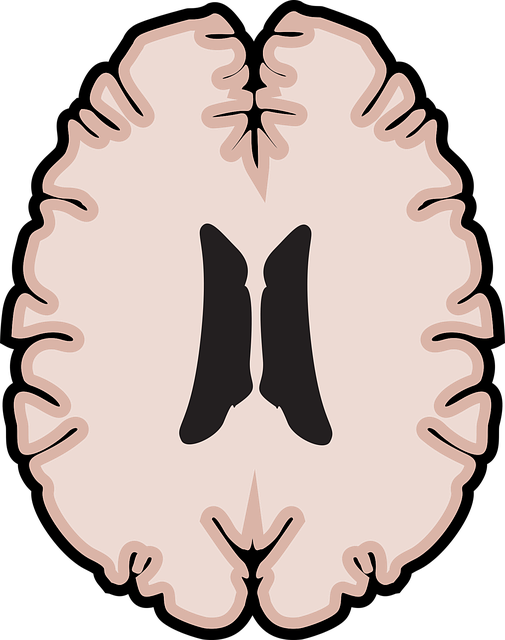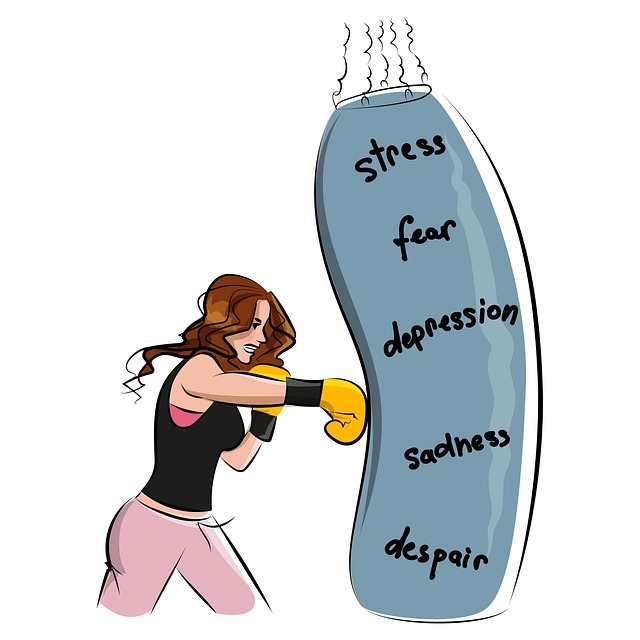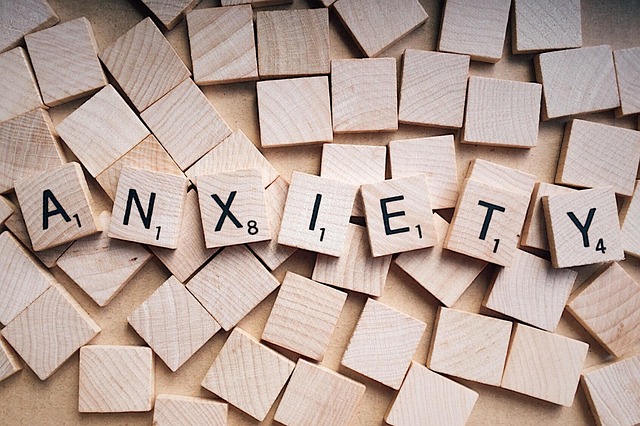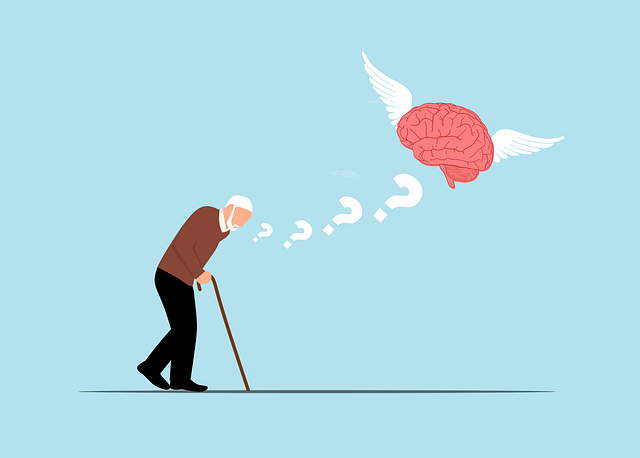Stigma severely impacts mental health, encouraging isolation and hindering treatment. Normalizing conversations and educating communities through mental health programs reduces stigma, promoting early intervention. Integrating mindfulness meditation into education empowers individuals to recognize and support struggling peers. Community outreach, workshops, and campaigns further break down barriers, fostering acceptance and open dialogue about mental health, particularly focusing on therapy for mindfulness.
Mental illness stigma remains a significant barrier to seeking help, hindering recovery and overall well-being. This article delves into the profound impact of stigma on mental health and explores effective strategies to reduce it. From education and awareness campaigns to the transformative power of therapy for mindfulness and acceptance, we examine innovative approaches aimed at fostering understanding and support. By shedding light on these efforts, we hope to contribute to a more inclusive society where individuals can openly address their mental health concerns.
- Understanding the Impact of Stigma on Mental Health
- Strategies for Reducing Stigma Through Education and Awareness
- The Role of Therapy in Fostering Mindfulness and Acceptance
Understanding the Impact of Stigma on Mental Health

The impact of stigma on mental health cannot be overstated. It often acts as a barrier to individuals seeking help, hindering their access to essential therapy for mindfulness and emotional healing processes. Stigma not only exacerbates symptoms of depression but also fosters isolation, leading to a decline in overall emotional well-being promotion techniques. The effects are far-reaching, impacting not just the affected individual but also their support networks, fostering an environment where mental illness is whispered about instead of openly discussed.
Reducing this stigma involves challenging societal perceptions and promoting education. By normalizing conversations around mental health, we can encourage friends, family, and communities to adopt emotional well-being promotion techniques as a collective effort. This shift in perspective paves the way for early intervention, which is crucial in preventing more severe conditions like depression. Through increased understanding and empathy, we can create a supportive atmosphere where individuals feel empowered to seek treatment without fear of judgment.
Strategies for Reducing Stigma Through Education and Awareness

Reducing the stigma surrounding mental illness is a multifaceted approach, and education plays a pivotal role in this process. One effective strategy is to integrate comprehensive mental health education programs into schools, communities, and workplaces. These programs can help raise awareness about various mental health conditions, dispel myths, and foster empathy. By teaching individuals about the symptoms, causes, and treatment options for common mental health issues, we empower them to recognize when someone might be struggling and offer support instead of judgment.
Mindfulness meditation, a popular therapy for stress and anxiety, can also be a powerful tool in stigma reduction. Through structured programs, individuals learn that seeking help is a sign of strength, not weakness. Mindfulness practices encourage self-acceptance and emotional regulation, which can lead to better coping mechanisms and improved mental well-being overall. This shift in perspective, coupled with increased knowledge, has the potential to create a more supportive environment where those facing mental health challenges feel comfortable seeking the care they need, including therapy for mindfulness.
The Role of Therapy in Fostering Mindfulness and Acceptance

In the context of mental illness stigma reduction, therapy plays a pivotal role by fostering mindfulness and acceptance. Through various therapeutic approaches, individuals can develop a deeper understanding of their thoughts and emotions, enabling them to cultivate a non-judgmental perspective. This process enhances self-awareness, allowing people to recognize and challenge societal stigmas associated with mental health struggles. By engaging in therapy for mindfulness, one gains the tools to navigate life’s challenges more effectively, boosting confidence and building resilience.
Community outreach program implementation can further amplify these efforts. Such programs often include educational workshops, support groups, and awareness campaigns that encourage open conversations about mental health. This community-driven approach not only breaks down barriers but also fosters a sense of belonging, reducing feelings of isolation that often accompany mental illness. As individuals gain confidence in sharing their experiences and seeking help, the collective stigma surrounding mental health issues gradually diminishes, paving the way for a more accepting and supportive society.
Mental illness stigma reduction is a multifaceted approach that combines education, awareness, and therapy for mindfulness. By understanding the profound impact of stigma on mental health and implementing strategies that promote acceptance, we can create a more inclusive society. The role of therapy in fostering mindfulness offers a powerful tool to challenge preconceived notions and support those affected by mental illness. Through collective efforts, we can significantly enhance the lives of individuals navigating their mental health journeys.












